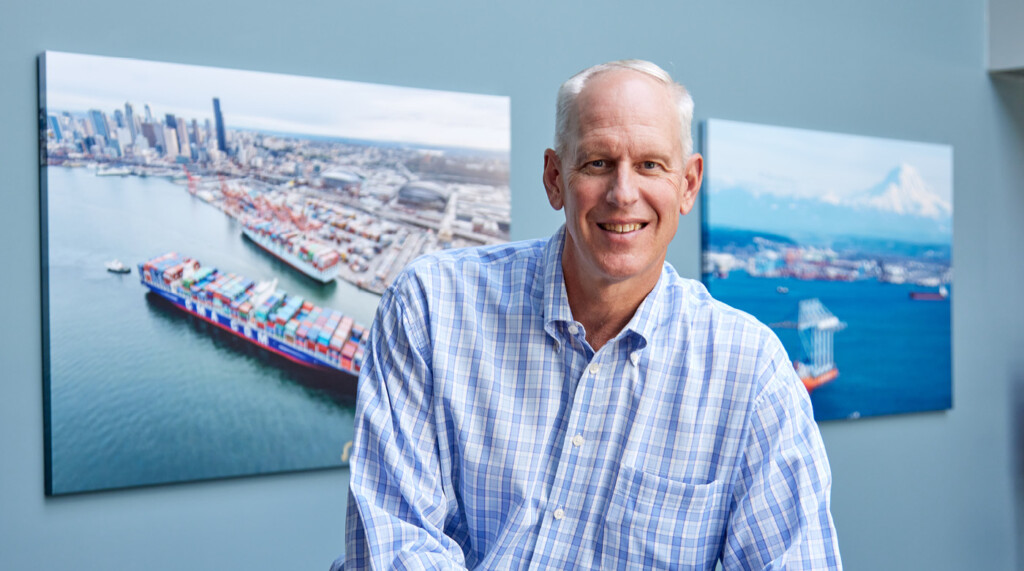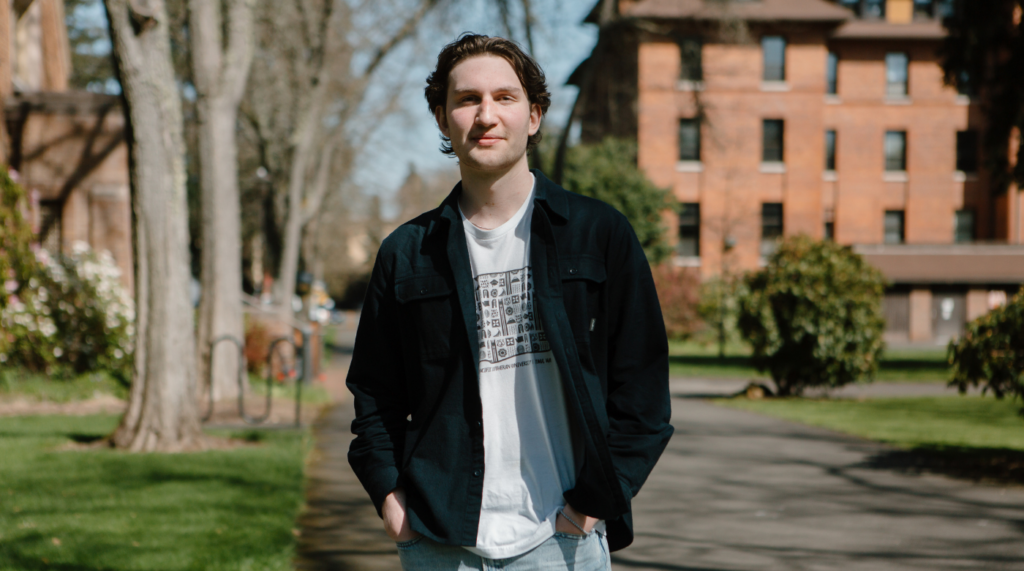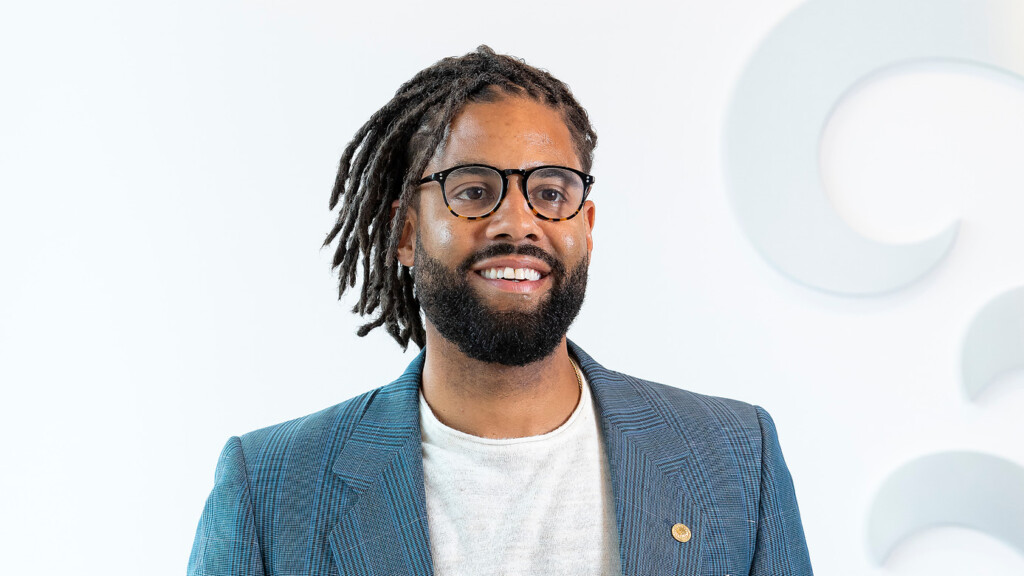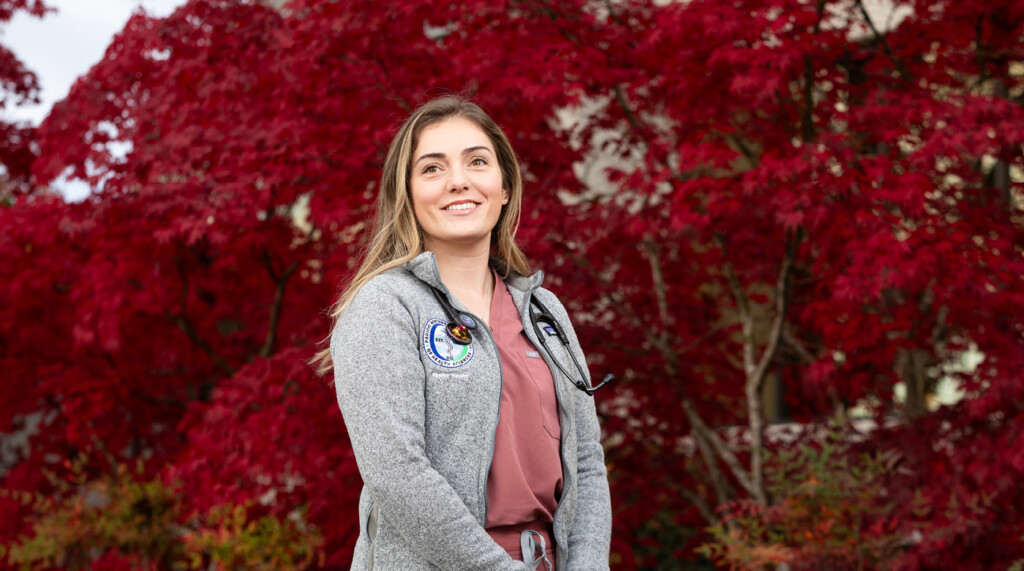Page 264 • (2,872 results in 0.026 seconds)
-

to 2021, explains Jes Takla, PLU assistant dean for campus life, co-curricular learning, and assessment. “For example, we did staggered move-in, where students were assigned different times and that helped minimize standing in line, kept hallways from feeling too crowded, and added to an overall sense of calm.” Takla says most of the safety related changes to LUTE Welcome programming were subtle, such as moving orientation sessions outdoors or replacing a few larger events with smaller breakout
-

it is. Straight forward and also exciting. I think it’s interesting that the study of innovation, for you, starts with learning from historical contexts. Since WWII, nations around the world have focused on technological innovation, imagining that product development and new initiatives will boost their economies and measures like Gross Domestic Product (GDP). Innovation now is considered a positive thing, but it hasn’t always seemed beneficial. It used to be that new ideas were viewed cautiously
-

that helped me start to develop a sense of leadership style and approach. And Coach Frosty Westering introduced me to the concept of servant leadership. And I think those were kind of foundational things to what I’ve done in my career. What’s your best advice to current PLU students who might be interested in a career in the IT field? The best advice I would give is to start your career at a place where you can have tremendous opportunities to learn and grow. You’re not done learning when you get
-

transition and the value of young people in government in a Q&A session.Did you have any political or governmental experience before entering this internship? Zero. This is my first time. I had no inclination to enter the political world. Right now, this internship is showing me how our legislature works, and there is value to that, even though it’s also confirmed I do not want to work in the political world. But, I am making meaningful connections where I can, I am learning things where I can, and I
-

through the process, including a mock interview. Faculty are very committed to our success in that way.Hispanic & Latino Studies at PLUThe PLU Hispanic & Latino Studies combines the study of the Spanish language with courses in Latin American, Latino, and Iberian literatures, linguistics, and cultural studies.Why did you choose Hispanic Studies as a major? I was lucky enough to experience a dual-immersion school program from kindergarten until 10th grade, spending half of every day learning Spanish
-

, who was studying toddlers and words. “We’d have them in a sort of one-way mirror room watching them play with toys,” he recalled, “I got to see real research as a freshman. It was cool … to see these 18-month-olds with such a varying range of skill, but all very intelligent, finding out they’re learning like 150 words a day.” He also attended Western Psychology Association conferences and “got a real sense of what academic research and publication and the journey of a professor was like.” Bell
-

during my interview process. It felt very family and community oriented. Everybody I spoke to in the interview process was genuine and kind, and they seemed to really care about me as a person, not just another applicant. It felt similar to PLU in that way, and I had a really good educational experience at PLU. I enjoyed learning at a small school and I learned that I really thrive in an environment where I have more access to my professors and mentors, because I like to ask lots of questions. PNWU
-
the practice of dialogue as a necessary and essential part of carrying out successful and sustainable development initiatives. Theo Hofrenning: [learning in the Nansen Dialogue Center] Whereas the UN and other peacebuilding organizations formulate agendas and goals for management of peace building efforts the Nansen approach differed in its full commitment to simply helping those in conflict determine the agenda, goals, and eventual outcome of peace building processes. I thought that this was a
-
letters, don’t be discouraged; you can always try again in the future. April Acceptance. Once you’ve accepted a program, notify other institutions of your decision. Oftentimes these institutions have a waiting list, so you may be opening up a slot for someone else! Thank your professors/employers. Update anyone who helped you along the way and send thank you notes to the people who took the time to write recommendations for you! Start preparing for graduate school. Start learning about where you will
-
provides an opportunity to begin the learning process that will extend throughout your education as a dental student and your career as a dentist. It is also important that you consider what you’ve learned during your time shadowing. When you complete your application, you will need to be prepared to discuss your experiences with dentistry in detail as well as communicate that information during your dental school interviews. Thus we recommend that you keep a journal throughout your undergraduate
Do you have any feedback for us? If so, feel free to use our Feedback Form.


